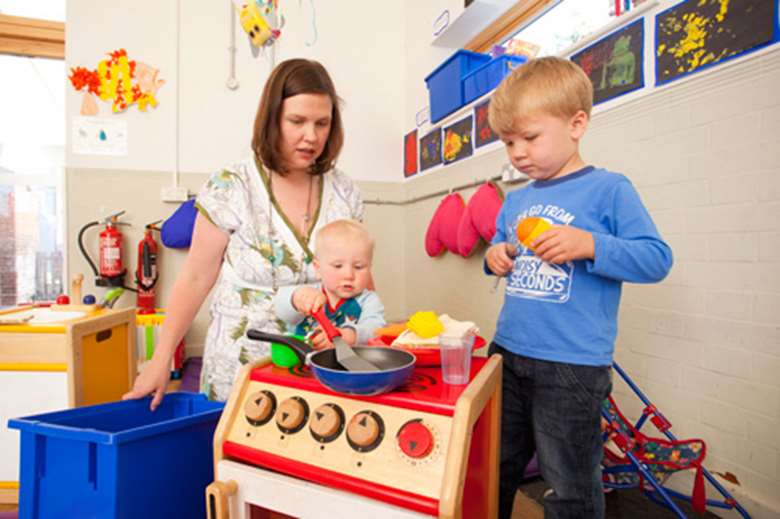'Austerity to blame' for many children's mental health problems
Neil Puffett
Tuesday, March 6, 2018
Government plans to improve mental health support for young people represent a missed opportunity because they fail to acknowledge that many problems they face are the result of public spending cuts, a group representing psychologists has said.

The British Psychological Society (BPS) said the thrust of the government's green paper, published in December, is "reactive", taking the standpoint that the problem is "within the child" rather than looking at external societal factors that can impact on mental health.
The green paper outlines plans to incentivise every school and college in England to appoint a designated senior lead for mental health to co-ordinate existing school-based support, as well as helping children to access specialist therapies and other NHS treatments.
But the BPS said the plans fail to address the major determinants of poor mental health - poverty, social inequality, poor housing and degraded communities.
"Many ‘mental health' needs reflect the impact of austerity rather than some internal weakness in the child," the organisation's response to a government consultation on the green paper proposals states.
"There needs to be a change in the approach, shifting away from a purely biological medical model to what many call the ‘biopsychosocial' approach which is more holistic and inclusive.
"This approach considers the physical element (biological) of an individual's condition; as well as the circumstantial, social and psychological elements.
"This helps to identify multiple simultaneous causes of an individual's condition rather than focusing on identifying a single cause or symptom."
The BPS said that if more emphasis was placed on preventative measures it would have the positive effect of fewer children developing mental health issues and therefore there would be less demand on primary and specialist services, allowing the early intervention and quick access of those who need them.
It said it wants the government to adopt an "ambitious and radical" programme of prevention and early intervention that ensures all children have good mental health and wellbeing.
This should include prevention through maternity and perinatal services, early years services, children's services, family support, educational psychologists, school nurses and other services for children with special educational needs and disabilities and looked-after children.
Meanwhile, the British Association for Counselling and Psychotherapy (BACP) said it is "gravely concerned" by the proposed introduction of mental health support teams - which will aim to improve joint working between schools and the NHS - rather than expand counselling provision to all schools.
Dr Andrew Reeves, chair of BACP, said: "Counselling is already provided in 61 per cent of schools in England and is universal for post-primary aged young people in Wales and Northern Ireland.
"Instead of using this green paper as an opportunity to embed counselling in all schools and colleges it is hugely disappointing that the government has chosen to ignore a trained, available workforce.
"Over the last month over 1,600 of our members and the public have supported our campaign for a trained counsellor in every school and college by contacting their MP. I hope that this makes the government take note and think again."




